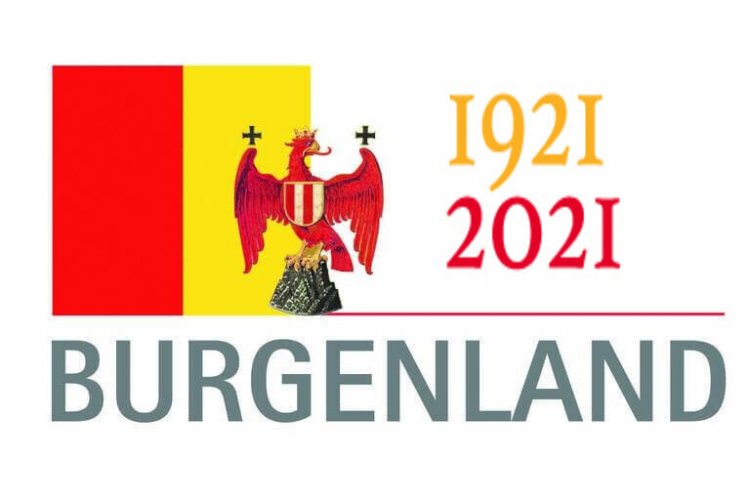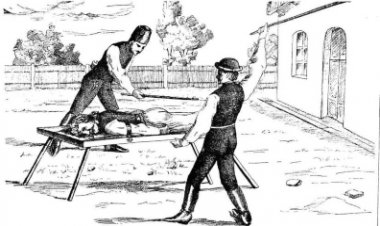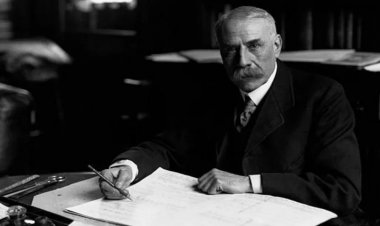Birth of Burgenland, before a century

At the end of the first world war, the german-speaking population of western Hungary faced an existential question. For many generations, the people of the region used to sell their products and services in Vienna or Lower-Austria, respectively Styria. The new borderline separating Austria from Hungary, on the course of Lajta and Lapincs rivers, suddenly turned to be a custom and administrative barrier in front of the usual activities. Spontaneous local demonstrations were demanding to join Austria. The newly founded Austrian Republic promoted from the beginning this demand, yet the war-winning powers took the request seriously, only in Mai 1919 to fulfil the wish of Czechoslovakia to create a Slavic corridor towards Yugoslavia, respectively the Adriatic sea. France was for the plan, while Italy strongly opposed it. A neutral American commission dismissed the idea finally. The birth of the Hungarian Council Republic gave the decisive push to adjudicate Burgenland to Austria through the peace treaty of Saint-Germain signed on 10 of September 1919 and in this way to secure it against the spreading of the Bolshevik danger. After the fall of the Council Republic, Governor Miklós Horthy tried with all political and diplomatic means to avoid the handover of Burgenland - without success.
Hungary signed the Trianon Treaty on 4. June. 1920, recognising among other regions the loss of Burgenland. A troubled period followed dominated by the armed fights of militias and desperate local political measures. Finally, to avoid the pending border war between Austria and Hungary, Italy intervened and offered its intermediation. As a result, on 12 of October 1920, Hungary and Austria reached in Venice the compromise that in exchange for disarming the Hungarian militias, Hungary will keep Sopron (Ödenburg). To avoid the political upheaval in Austria caused by changing the terms of the peace treaty through a deal, a referendum was decided. Knowing the circumstances was clear to everyone that Sopron will vote for Hungary, and doing so in 1922 received the honouring title of Civitas Fidelissima. Back then, this solution gave hope to the contemporary that the border will not be unchanged forever, respectively contributed to avoiding a border war.
Original: Gerald Schlag: Burgenland létrejötte 100 évvel ezelőtt (extract)























